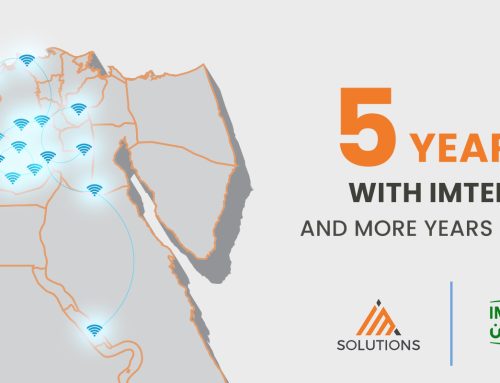A leased line provider is a telecommunications company that offers leased line services to businesses and individuals. Leased lines are dedicated, fixed-bandwidth data connections that provide high-speed and reliable internet access or private network connectivity unlike traditional broadband connections, which are shared among multiple users and can experience fluctuations in speed and reliability, leased lines offer guaranteed bandwidth and symmetrical upload and download speeds.
Here’s a more detailed look at leased lines and the role of leased line providers:
What are Leased Lines?
Leased lines, also known as dedicated lines or private circuits, are direct connections between two locations provided by a telecommunications service provider. These lines are leased by the customer for exclusive use and are not shared with other users, ensuring consistent performance and reliability. Leased lines can be used for various purposes, including internet access, connecting geographically distant offices, facilitating voice communication, or supporting data transfer between data centers.
Features of Leased Lines:
Dedicated Bandwidth: Leased lines offer a guaranteed amount of bandwidth that is dedicated solely to the customer. This ensures that the available bandwidth is always available for their use, regardless of the time of day or network traffic.
Symmetrical Speeds: Unlike many broadband connections that offer asymmetrical speeds (faster download speeds compared to upload speeds), leased lines typically provide symmetrical speeds, meaning the upload and download speeds are the same. This is crucial for businesses that require high-speed data transfer in both directions.
Reliability: Leased lines are considered highly reliable due to their dedicated nature. Since they are not shared with other users, there is minimal risk of congestion or performance degradation during peak usage times.
Service Level Agreements (SLAs): Leased line providers often offer SLAs that guarantee specific levels of service, including uptime, latency, and response times for repairs. SLAs provide businesses with assurance regarding the reliability and performance of their leased line connection.
Scalability: Leased lines can typically be scaled to accommodate increasing bandwidth requirements as businesses grow. Providers offer flexible options for upgrading bandwidth to meet evolving needs.
Role of Leased Line Providers:
Leased line providers play a crucial role in delivering reliable and high-performance connectivity to their customers. Here are some key aspects of their role:
Network Infrastructure: Leased line providers maintain robust network infrastructure, including fiber-optic cables, switches, routers, and other equipment necessary to deliver leased line services. They invest in building and maintaining a network that can support the bandwidth demands of their customers.
Service Provisioning: Leased line providers handle the provisioning and installation of leased line connections for their customers. This includes conducting site surveys, laying physical cables (if required), configuring network equipment, and ensuring that the connection meets the customer’s requirements.
Support and Maintenance: Providers offer ongoing support and maintenance for leased line connections. This includes troubleshooting connectivity issues, performing routine maintenance, and responding promptly to any service disruptions or outages.
Billing and Customer Service: Leased line providers in Egypt manage billing and invoicing for their services and provide customer support to address inquiries, service requests, and billing issues. They strive to deliver excellent customer service to ensure a positive experience for their clients.
Technology Upgrades: Leased line providers continuously invest in upgrading their network infrastructure and adopting new technologies to enhance the performance and reliability of their services. This may involve deploying faster transmission technologies, improving network security, or implementing redundancy measures to minimize downtime.
Conclusion:
Leased line providers in Egypt play a critical role in delivering high-speed, reliable connectivity to businesses and organizations. By offering dedicated bandwidth, symmetrical speeds, and robust support services, they enable their customers to communicate, collaborate, and access mission-critical applications with confidence. As businesses increasingly rely on digital technologies for their operations, the demand for leased line services is expected to grow, driving further innovation and investment in this space.




